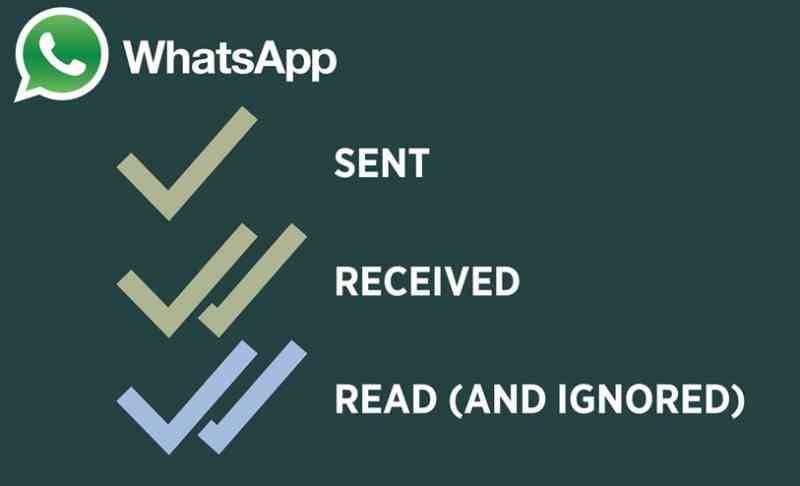-
Jun 22 2017 5 Ways WhatsApp Groups Are Destroying Management Systems
WhatsApp was initially developed for friends and families to use. Suddenly, businesses have also jumped onto WhatsApp, and we find ourselves in multiple groups for staff communication and client-agency communication, as well. This is an absolutely ridiculous practice. WhatsApp groups actually destroy the management system of a company, and here are four reasons how
1. Efficiency Goes Down to ZE-fuck-RO
If human beings had a wonderful quality called self-control, it would save them a lot of grief. But, that clearly isn’t the case. Once you get onto WhatsApp to check messages in office/business groups, efficiency starts reducing when side-conversations start happening within the group (how many times have you noticed you end up browsing through endless messages in a group to make sure you haven’t missed out on something that might be directed at you?) and/or people start wasting time as they check other WhatsApp messages from friends and family. The amount of time spent on WhatsApp actually distracts you from completing your set tasks. What a waste!
Image Courtesy: Photo-Nanny.com
2. Instant Clientification

Clients expect instant gratification when they setup a WhatsApp group to communicate with you. They want to behave like they are the centre of the universe, and forget that you actually have many other clients to attend to, who are equally as important.(Image Courtesy: SoftECLabs.com
3. Last Seen, Online, Blue Ticks – OMG!

By being able to track your last seen, online and blue ticks/read status on WhatsApp, it can lead to a lot of resentment if a client gets upset you haven’t responded immediately. WhatsApp groups are a virtual prison! Also, if clients feel they can bombard you with sudden requests, changes and updates throughout the day on WhatsApp and track your online status side-by-side, it often creates a lot of new tasks taking away from the original deliverables set for the day/week. Think about it – the direction for the whole team changes suddenly in real-time without any proper documentation.Image Courtesy: Cloud.Lovin.ie
4. Duplication & Slip-Ups

Often, it is easy for people to miss out on messages in WhatsApp group threads, if a lot is being exchanged. And, it becomes difficult to monitor the latest updates surrounding the status of anything when there are client-agency exchanges happening via email and WhatsApp side-by-side. It is best to keep all communication centralised in either an email format and/or a third-party workflow management system such as Asana. What’s the point of emailing someone, then reminding them about it on WhatsApp right after? Learn to discipline yourself to stick to one method and source of communication so time isn’t wasted in duplicating outreach throughout the day – there are better and more productive things to do.Image Courtesy: 3.BP.Blogspot.com
5. Security Risk

WhatsApp is a USA based cloud service – so, there is no real and comprehensive enterprise data protection. It simply isn’t a secure platform, especially if you are dealing with things that are confidential in nature. Furthermore, there is no data loss protection, and you can’t even transfer all file formats, to begin with. Lastly, WhatsApp lacks a solid Desktop version – the current version requires you to have your phone on, which means in a situation your phone battery is dead or your phone has been stolen, there is no way for you to access communication going on in WhatsApp groups.Image Courtesy: Cdn2.ITPro.co.uk
This might sound rigid, but do you really still think it is wise to inculcate WhatsApp as a mode of communication in a business? Comment below and let us know your thoughts


